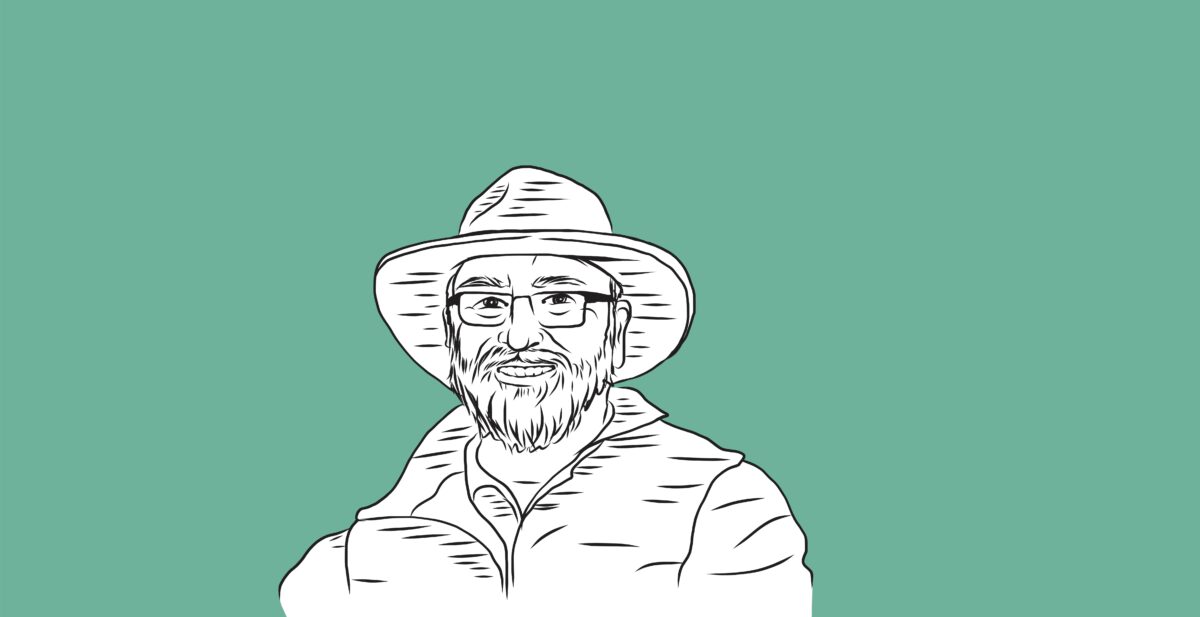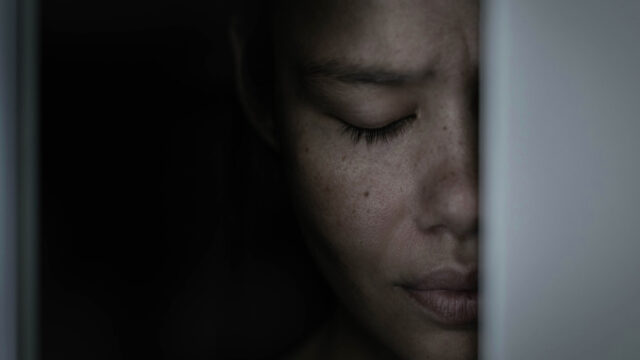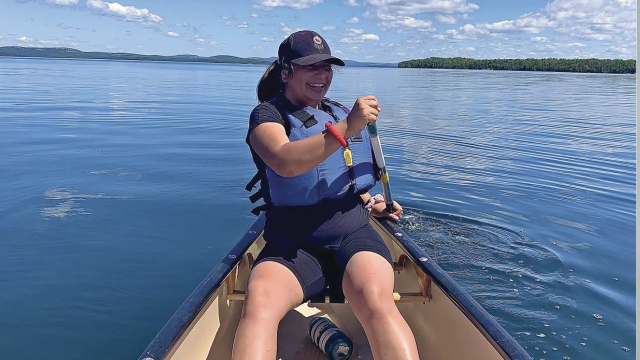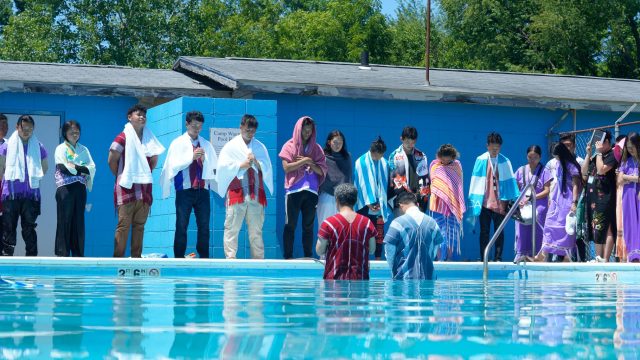The timing was terrible

José always does whatever his wife, Ruthie, tells him to do. Well, mostly.
This time was different. Ruthie sat José down and gave him an ultimatum. No options or delays. The state of Maryland was sending a social work supervisor to their house—a person who would be inspecting every closet, checking every door, and making sure that their house would be an acceptable home for foster children who needed a new place to live.
“They will check our water faucets, look in the refrigerator, and make sure I’ve cleaned under the beds,” Ruthie told him. “And they will check the door that goes down to the basement. The one with the broken latch. The one I’ve been asking you to fix for several months. The social worker will be here sometime Tuesday afternoon, which means you will be fixing the door Tuesday morning.”
The timing was terrible.
Altered Plans
As director of the Office of Volunteers for the Seventh-day Adventist Church, Pastor José Rojas had helped send more than 100,000 volunteers around the world. For this reason Pastor José had been invited to the United Nations building in New York City on Tuesday morning to celebrate the United Nations “Year of the Volunteer.”
Instead, Ruthie was “requiring” that he stay home and fix the basement door.
The day had been carefully planned! He would take the train from Baltimore to New York City and enjoy a long breakfast at the Windows on the World restaurant at the very top of the World Trade Center. He had always wanted to eat at the restaurant in the Twin Towers, and this was his chance! Then, after watching morning arrive from the windows high above the city, he’d catch a taxi for the short ride to the United Nations building and the special ceremony.
“Fixing the door” was not in José’s Tuesday plans.
They argued about it. José explained how important it was for him to be at the ceremony. Ruthie reminded him of how important it was for him to go to the hardware store. José apologized for not fixing the door, and then reminded her how important it was for him to represent the church at the ceremony. Ruthie accepted the apology, but stayed firm about his needing to stay home and fix the door.
It was the worst argument of their marriage, and probably the only time Ruthie had made such a definite demand. José listened, and decided that somehow, fixing the door was God’s will.
José stayed home.
Instead of breakfast at the Windows on the World restaurant, he shared breakfast and watched the news with Ruthie at their kitchen table in Maryland.
The day was September 11, 2001, and the morning news filled José and Ruthie with terror and thanksgiving. They watched in stunned awe as smoke rose from where a jetliner had just flown into the New York World Trade Center’s North Tower, just below the restaurant. The day took on even greater meaning as they watched another airliner fly into the World Trade Center’s South Tower, then watched both buildings collapse, killing everyone in the restaurant and thousands more.
“You saved my life” were about the only words José could find as he and Ruthie shared a tear-filled bear hug in the kitchen. The rest of the day was filled with prayers, phone calls, more news, family prayer sessions, and fixing the door.
Lending a Helping Hand
During the years he worked for the church in Washington, D.C., Pastor José also volunteered as a domestic policy advisor for three different United States presidents. His insights had been appreciated by both Democrats and Republicans, and even now he often spent his afternoons working on domestic policy issues in a small office in the White House.
Wednesday morning Pastor Sung Kwon, director of Adventist Community Services, asked José to drive with him to New York and help serve a city in crisis. As they were preparing to leave, news came that the Northeastern and Greater New York conferences had secured the commitments of more than 50 pastors who could visit and minister to the families of those lost in the towers. They added associate director of Adventist Chaplaincy Ministries, Pastor Marty Feldbush, to their drive.
In New York, Chaplain Feldbush immediately met with the pastors and trained them for the Official Red Cross Crisis Counseling Credential. The pastors soon fanned out across the city in support of families affected by the tragedy at the towers. After a joint meeting with the conference leaders, Pastors Kwon and Rojas led a small group to Manhattan’s “Ground Zero.”
“Ground Zero” was a vast pile of rubble and toxic dust. Hundreds of emergency responders were crawling through it, searching desperately for any sign of survivors. Because the disaster had struck chords of care in the hearts of thousands across America, security became a concern, as too many people wanted to help. Some were highly trained in search and rescue. Others were police, doctors, nurses, or crane operators. Some were politicians.
“We set up support stations with bottled water, snacks, fruit, full meals, juices, and places to cry,” Pastor José remembers. “Though I was especially pleased with the restaurants who donated high-value protein meals, I believe the most important volunteers were those who knew how to provide a shoulder for someone to cry on. The first responders and searchers were not finding anyone still alive in the pile of rubble. The firemen would work for multiple hours ‘in the pile,’ then come to a station for a bottle of water, and begin sobbing uncontrollably in the arms of someone they had never met. Someone who understood. Someone who listened. Someone who cried with them.”
All the workers were breathing in the toxic dust that was still rising from the building. Asbestos, carbon, concrete, gypsum, and burned plastic seemed to have vaporized into a thick cloud that made your throat convulse and your eyes burn.
“There was a bank across the street whose basement served as ‘the mortuary.’ ” José wipes away tears as he describes the place. “But there were very few whole bodies. Most had been crushed or burned, and the workers were often bringing in just body parts. It was a terrible time.”
In the pile firemen found a small red teddy bear, a souvenir from the Top of the World gift shop. Then two more. These little bears became emblems of hope at Ground Zero. Then José found a fourth bear, but this one had only three legs. One leg had been torn away in the fiery blast.
One bear is now in the Smithsonian Museum in Washington, D.C.; two more are in other memorials to the September 11 attack. The fourth bear, the one with the missing leg, is a constant reminder of how God works in our lives every day. “The little three-legged bear,” says Ruthie, “always brings me to tears, and I thank God that He kept José home that day, September 11, 2001.”








